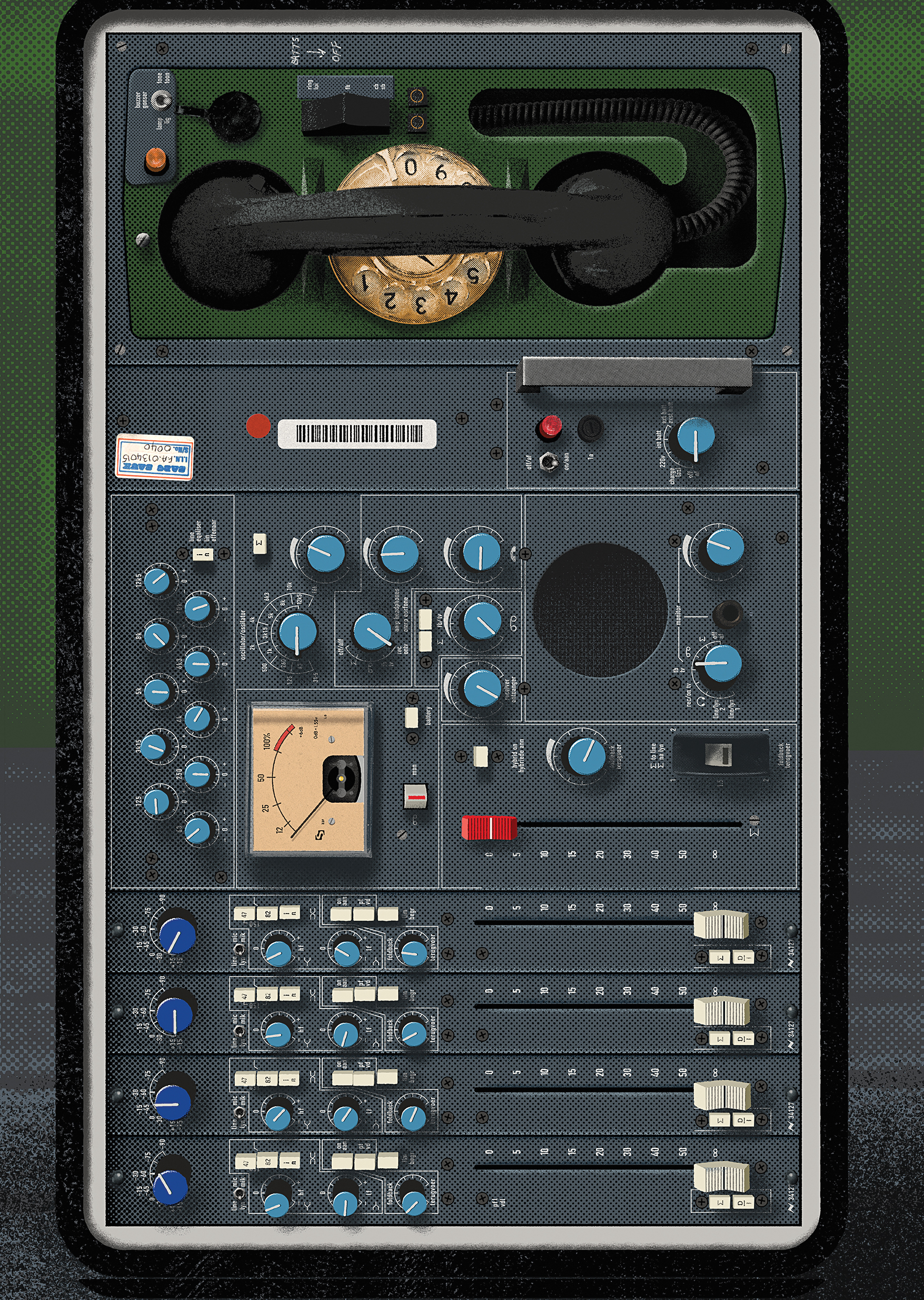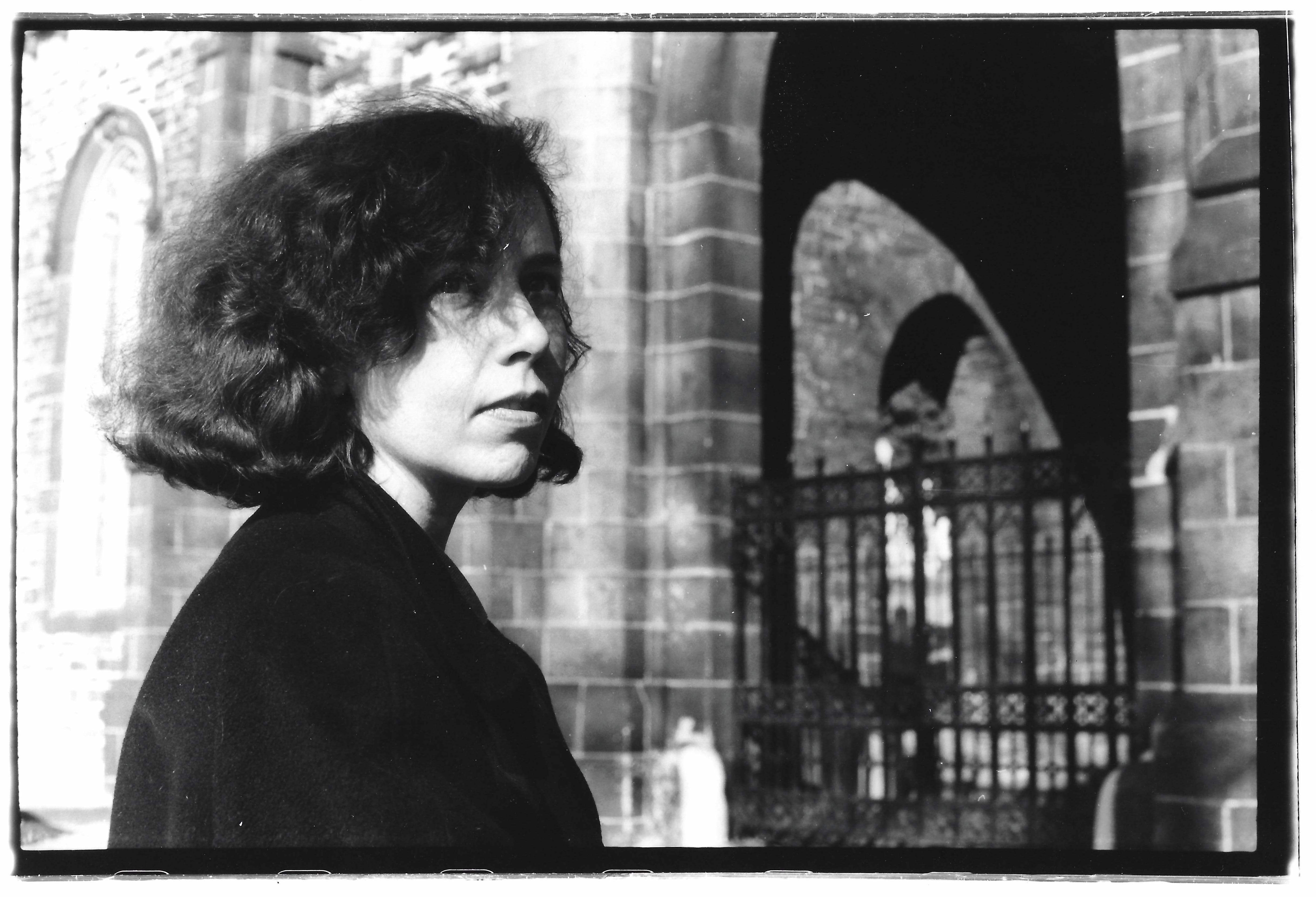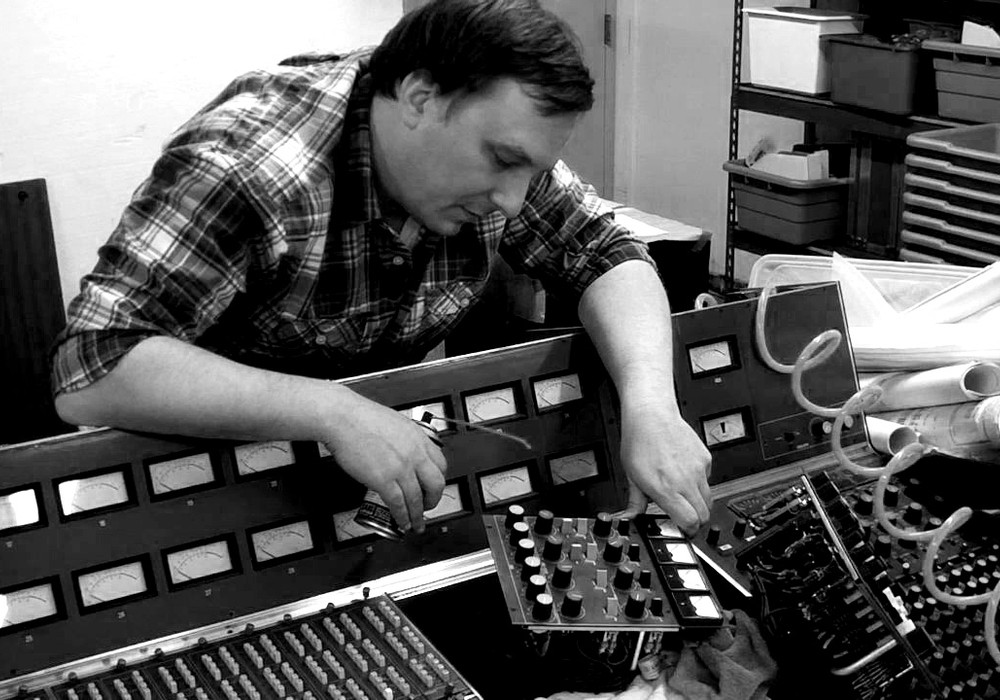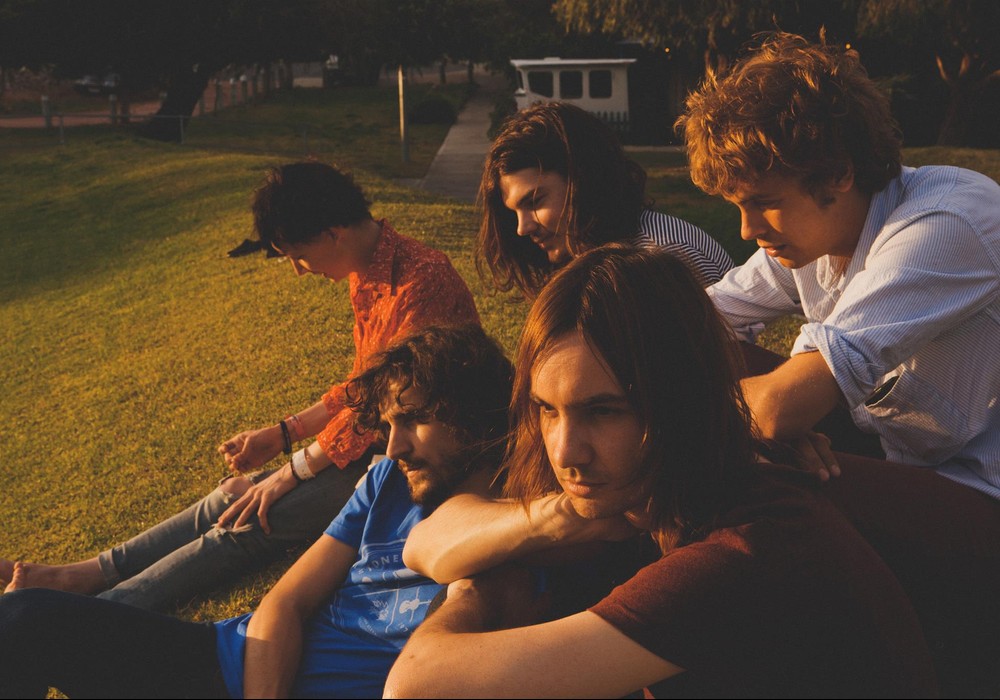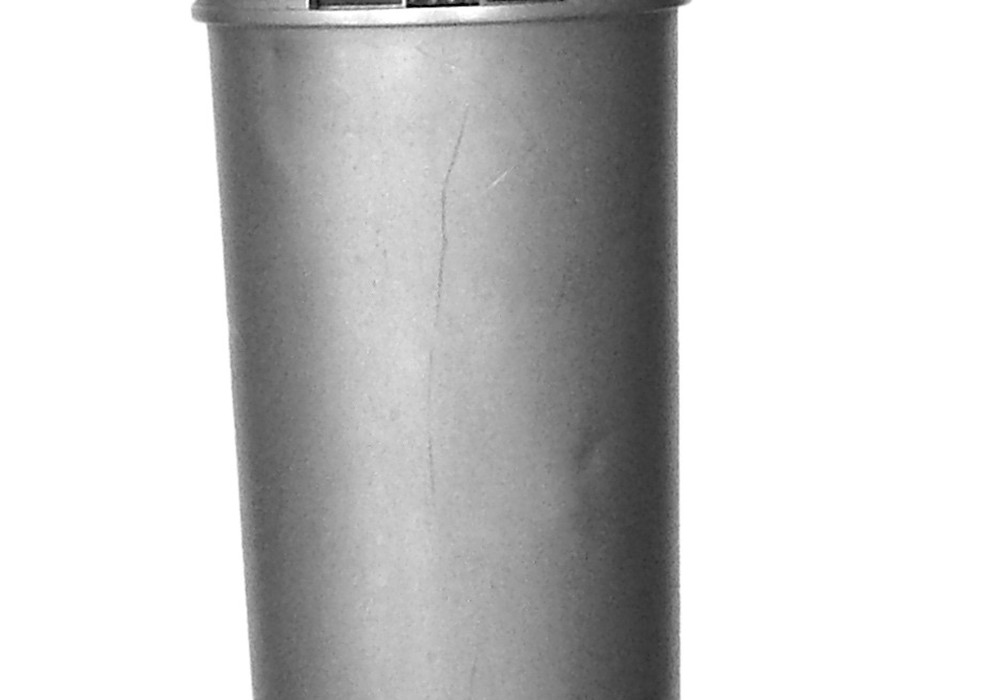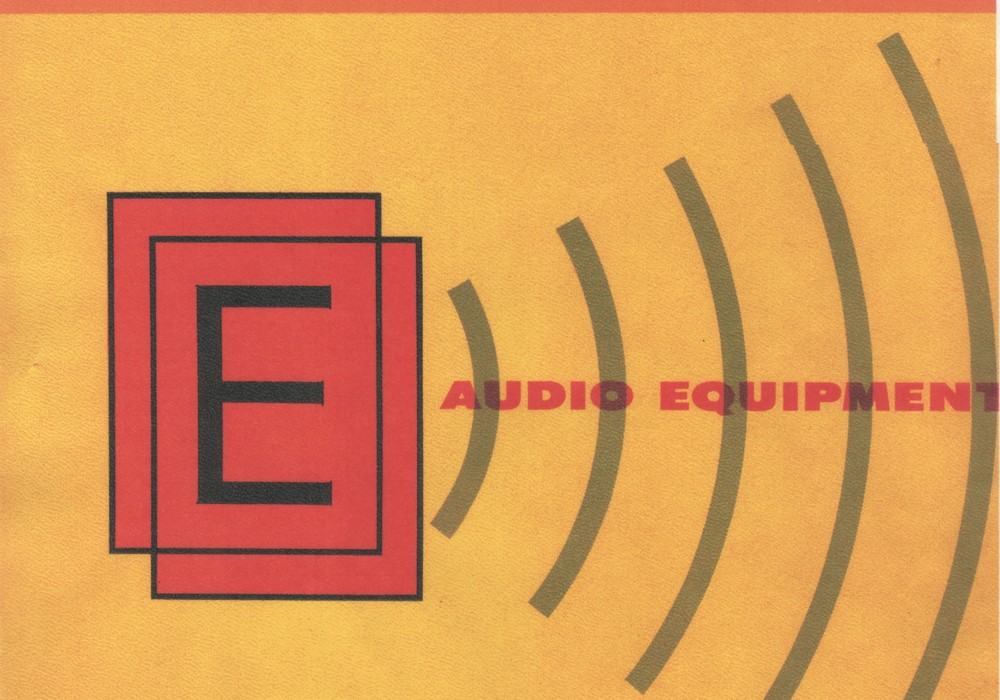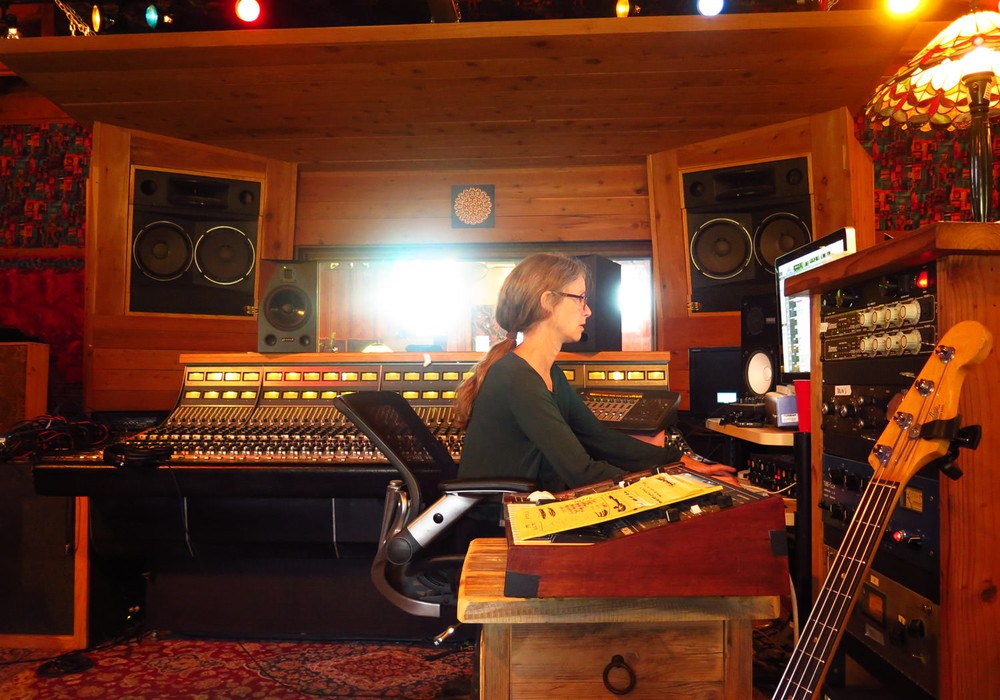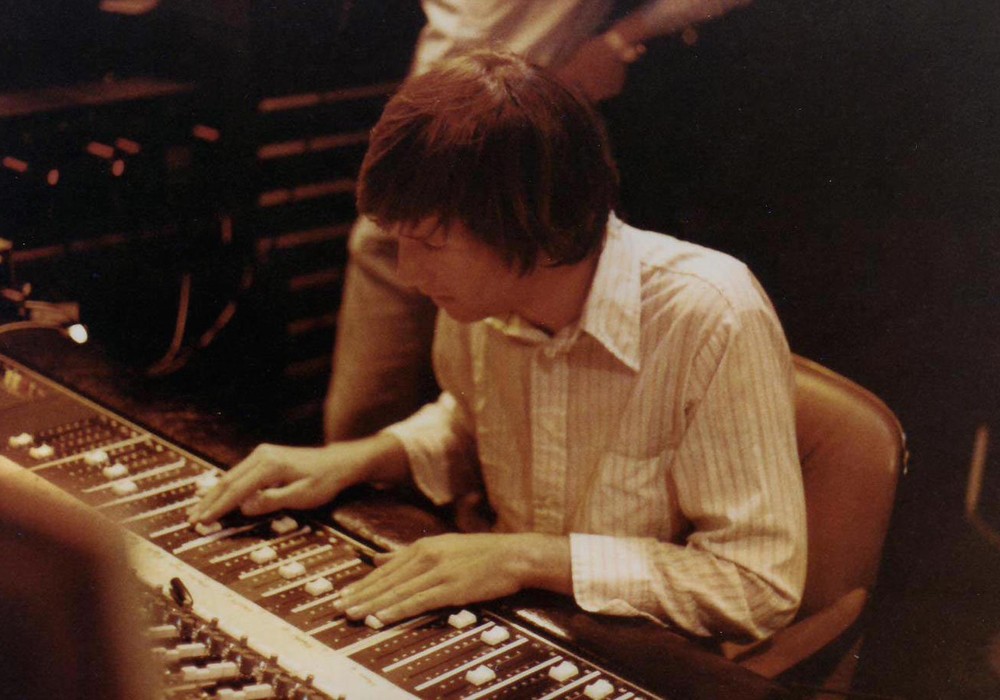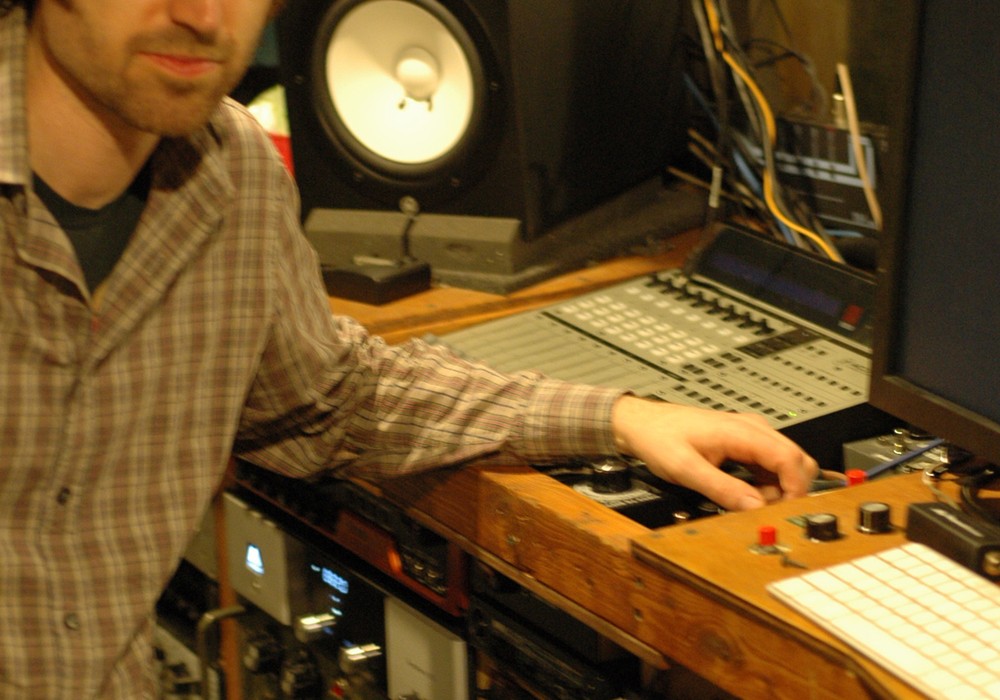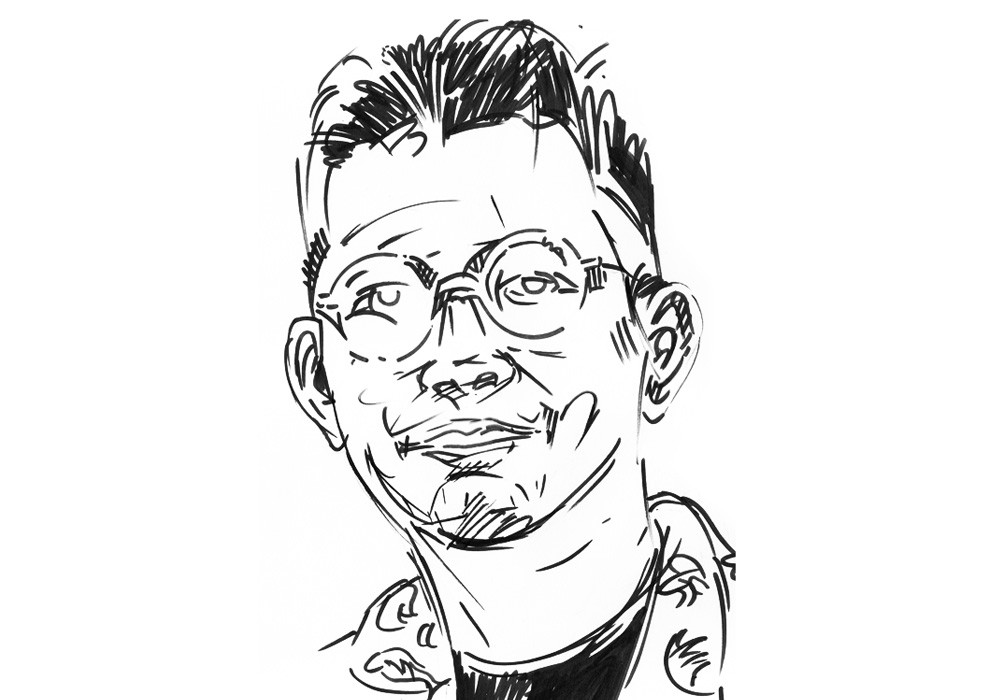Linda Smith is a pioneering figure in the bedroom pop genre. With her introspective lyrics and DIY approach to recording, Smith's lo-fi sound was first captured in cassette releases in the '80s and '90s. Despite a 20-year hiatus, Smith's creative spirit endures, as she continues to produce new music and collaborate with fellow artists. She chats with Lisa Machac of Omni Sound Project about her creative process, the advantages of recording to tape, and working for the circus.
You are regarded as a pioneer in home recording technology. How do you feel about that label?
At the time that I started recording with a 4-track cassette recorder, which was in the late-'80s, that wasn't the intention. To me, it was something new. I had always played in bands, and I thought, “This will be a good tool to work out arrangements for the band. I can give them a demo and they can listen to it.” That was the initial aim. I wasn't even aware of any home recording movement, or of other people who did it. But later, in the '90s, I saw more people getting these little 4-tracks. I had some friends who were making recordings with those, in probably the early '80s, but they weren't putting the product out. What happened in the late-'80s and '90s was, at least for me, I was putting the product out on cassette. After the band broke up, I moved back to Baltimore from New York, and I realized there was a self-released cassette movement going on. I thought I could get some response and feedback and send it to the 'zines who were reviewing these cassettes. You didn't have to be anybody known.
Did you play music as a kid? How did you transition into the rock 'n' roll scene?
I always dreamed of having an electric guitar as a child, because I was a big Beatles fan. I listened to AM radio constantly, so I wanted to do something like that. I thought I was too young to go out and buy myself an electric guitar. Later on, in the late '70s, early '80s, when new wave and post punk came around, there were a lot of women forming bands and putting out records who weren't the flashiest musicians.
When I wanted to learn, it was important to me that I was around other women. Was that something that was important to you?
Before I started playing in bands, it was very important for me. I was impressed by The Raincoats, and I thought, “This is the perfect band here.” They were all women at that time. They'd put out a couple records, and I hadn't done anything. I hadn't even bought a guitar at that point, but I thought, “I'm going to do it. I should do it now.” In the '60s, when I was a kid and I wanted to have a guitar to pretend I was a Beatle, this was something that I thought I could actually do. I had never written a song. I didn't necessarily have any musical ideas in my head. I just thought, “I can't do this unless I have a guitar.” The first band I was in was three women. It was me and two other friends who had already been in a band; an all-girl punk rock band who were similar sounding to The Slits. These were people I felt I could connect with, because they already knew what was going on. They were probably four years younger than I was, but they knew all about the music that I liked too. It wasn't like going in and trying to find people to play with and their references are Jimi Hendrix and classic rock. I always had the idea that I wanted to be in a band that was all female. Then the second band I was in was also an all-female band.
How often were you playing live in those days in New York?
Very seldom. The band was called The Woods, and we played some good clubs, but we only maybe played four or five times. None of us were go-getters.
You then realized you enjoyed making music and recording at home rather than performing live. When did you start to explore that side of yourself?
The first cassette that I made, The Space Between the Buildings, was all recorded in my Brooklyn apartment. The band had been broken up for a little while. My friend, Brian [Bendlin], who was in The Woods with me, had a little studio in his apartment where he could add some effects to it, so he took over that end...
